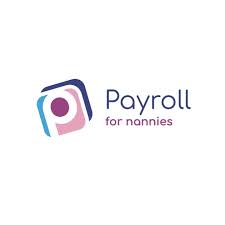Christmas time is never short of inspiration for parents, nannies and childminders alike for creative projects for the children to undertake. Here are three simple projects to get you all started, which can be easily adapted to all age groups from about 2 years onwards (although little ones will certainly enjoy joining in if you can handle the mess!).
Salt Dough Christmas Decorations
Making salt dough decorations is incredibly cheap, fun and creative. It’s a great project for children of all ages, although children under the age of 2 might be more interested in eating the dough rather than creating Christmas decorations!
To make salt dough, all you need is:
- ½ cup salt
- ½ cup water
- 1 cup flour
Simply combine the dry ingredients in a bowl, and then slowly add the water as you mix. The dough should eventually form a soft, pliable ball. You can add more flour or water if the dough is too sticky, or too dry.
Then, you can make your decorations! Use pastry cutters to make shapes, or knead the dough into shapes by hand (you can use a little olive oil to moisturise the dough if needs be). To harden the finished shapes, lay them on greaseproof paper on a plate and pop them in the microwave for two or three minutes. If you don’t have access to a microwave, they will harden after a couple of days air drying or you can put them in a very low oven (you may need to cover them with foil to stop them from browning).
Once they are hard and dry, they can be decorated with whatever the children wish! Glitter glue, paint, sequins and even spray paint! Finish up with a coat of clear varnish if you want them to keep until next year.
Advent Challenge
At Christmas time, with all of the hype and excitement over presents, food and pretty lights, it can be easy to forget about the spirit of the festivities – the spirit of giving. A simple, ongoing project for Christmas time that teaches children about the true meaning of Christmas is the Advent Challenge. The concept is simple – every day, do something to put somebody else first. This could mean sharing a special toy with a sibling, choosing an item of clothing to donate to a shelter or charity shop, or taking on an extra chore around the house to ease the load of a parent or sibling. Make sure the giving is on the child’s terms, or it negates the whole point of finding joy in helping others.
Make a Family Christmas Memory Book
A lovely project for children at Christmas is making a ‘memory book’ about their family celebrations. All families celebrate a little differently, and each family has their own little traditions that make their Christmas unique. The book could be in chronological story form, with each page detailing a different part of the day, or it could be a more random collection of the things the children love most about their own individual family Christmases.
3 Simple Projects for Children at Christmas







